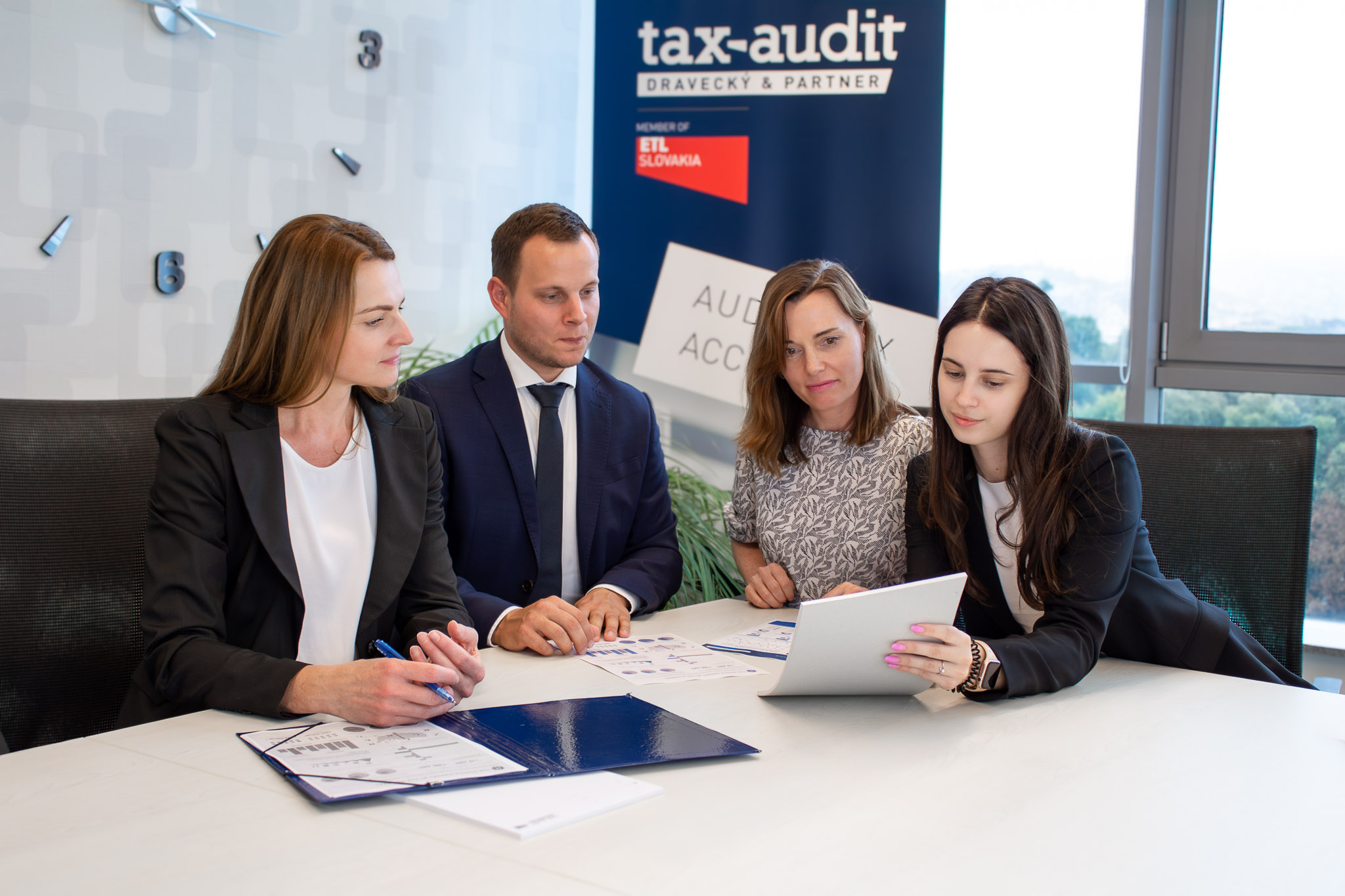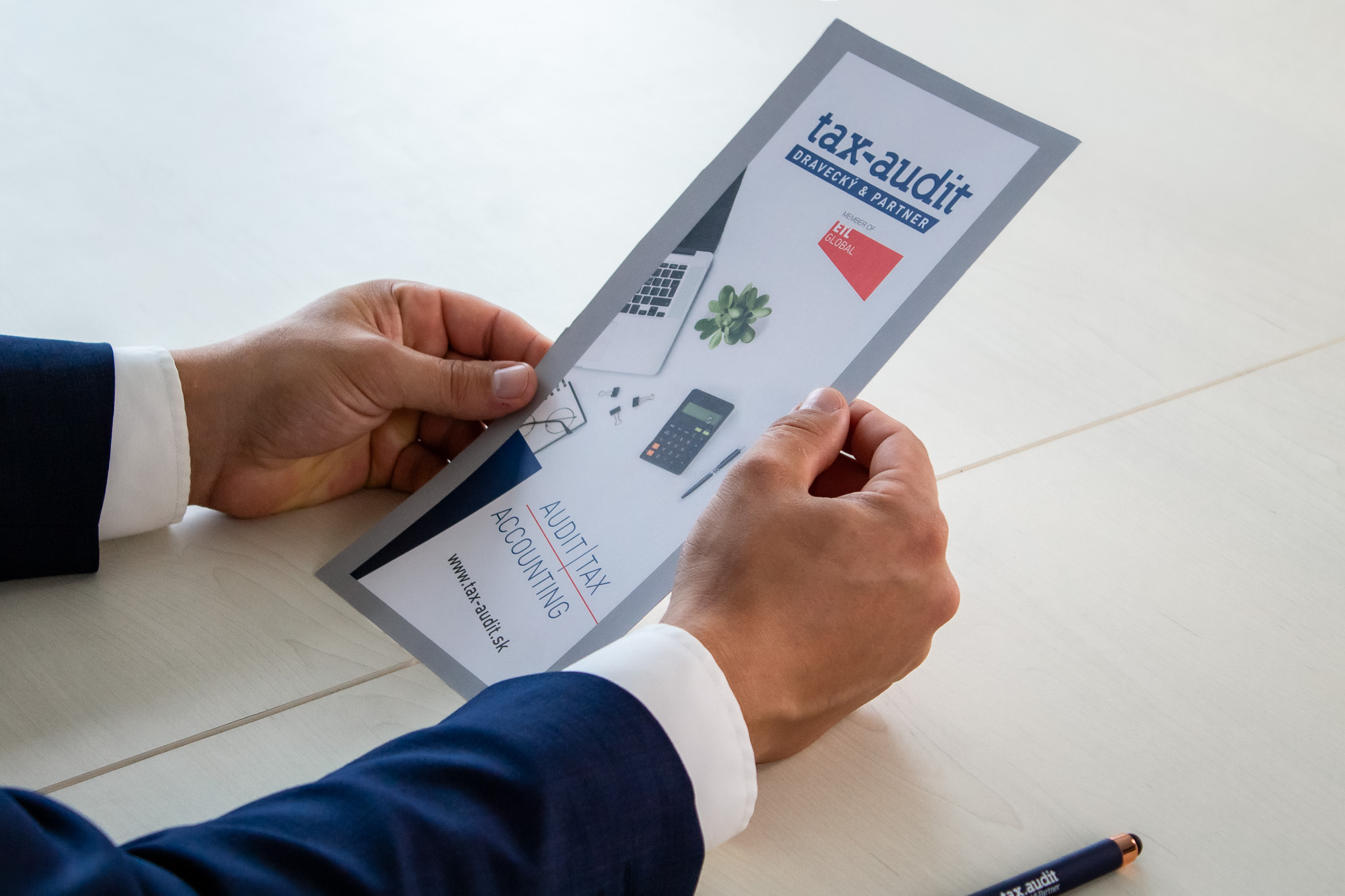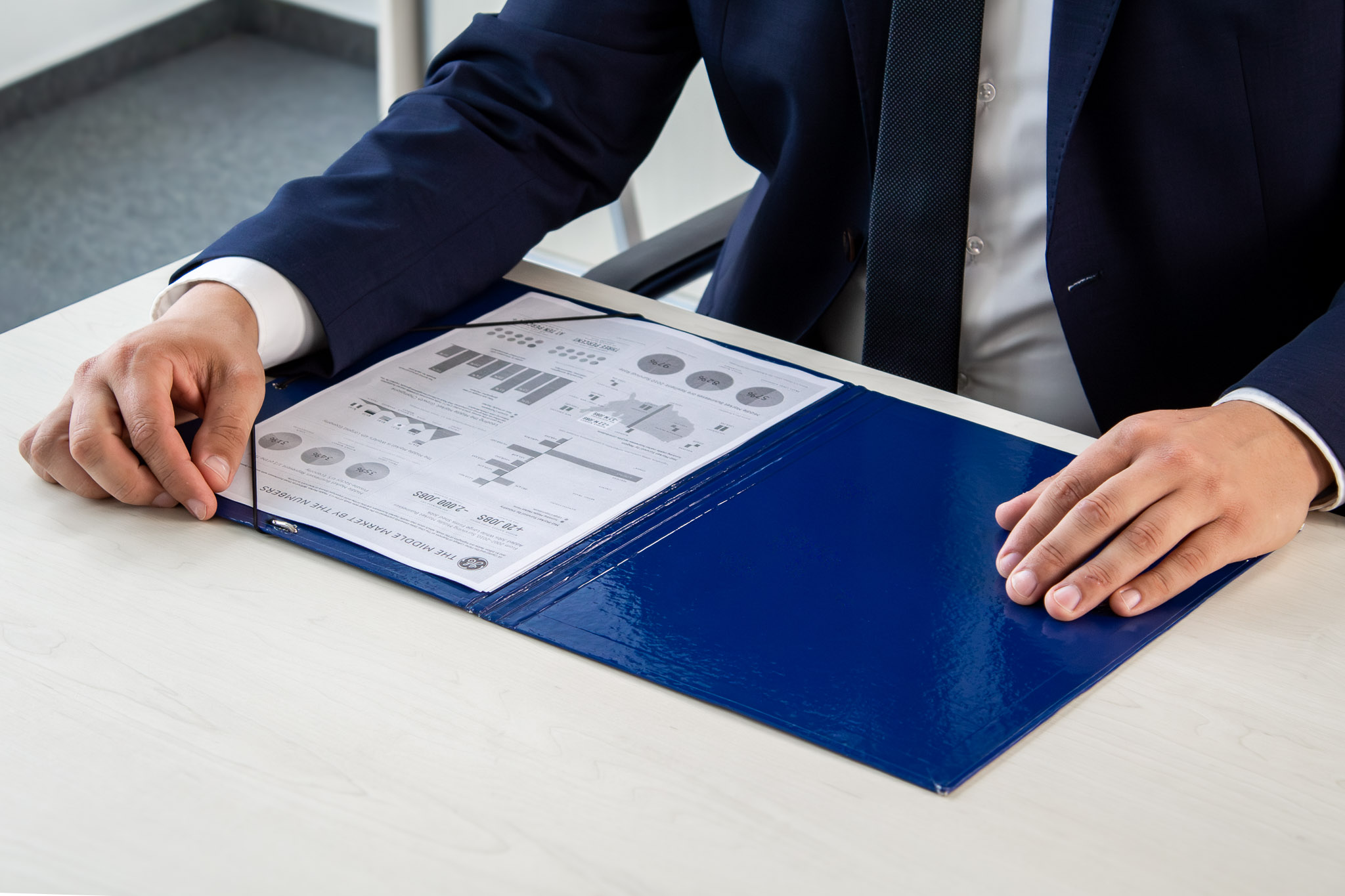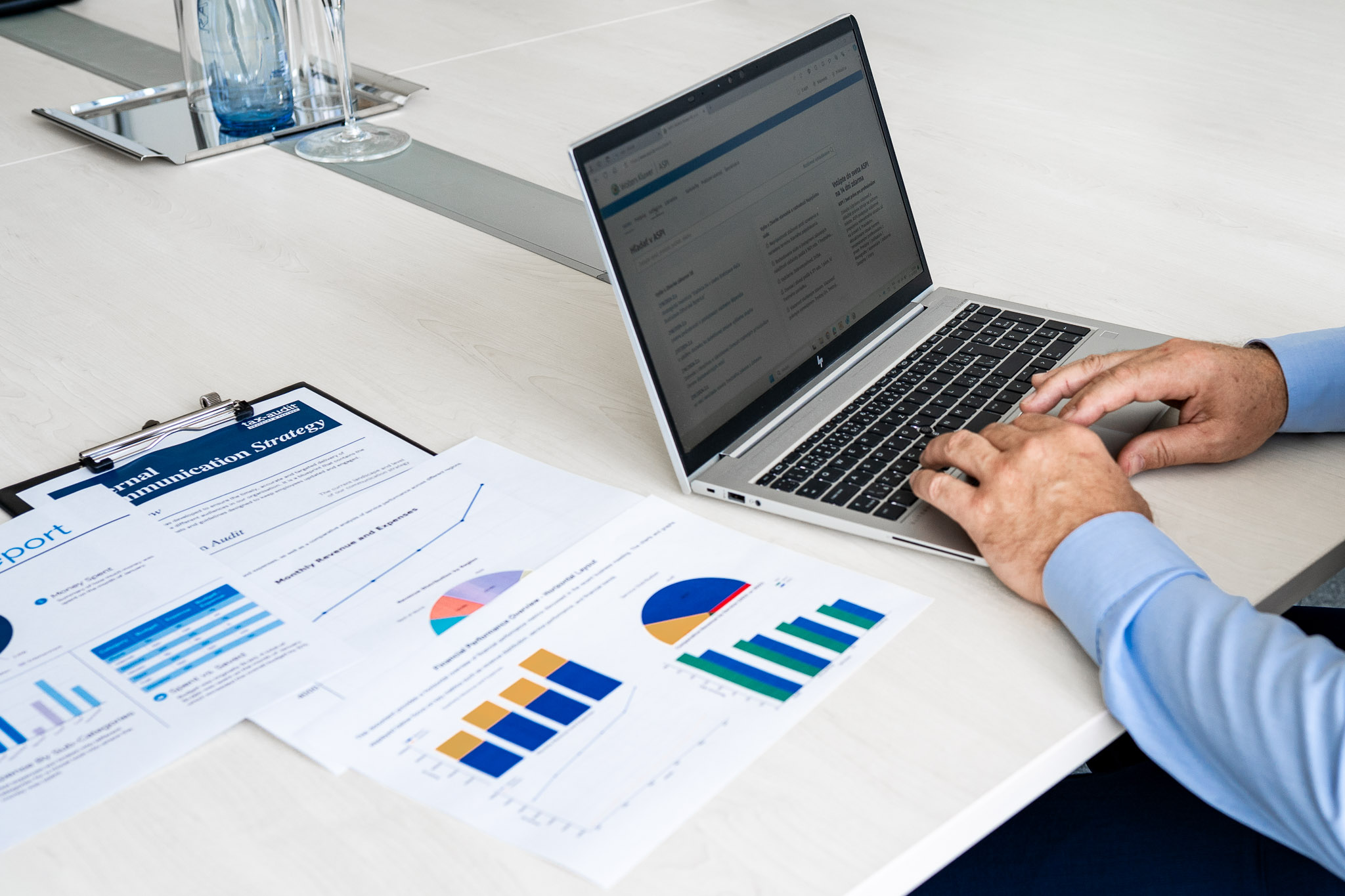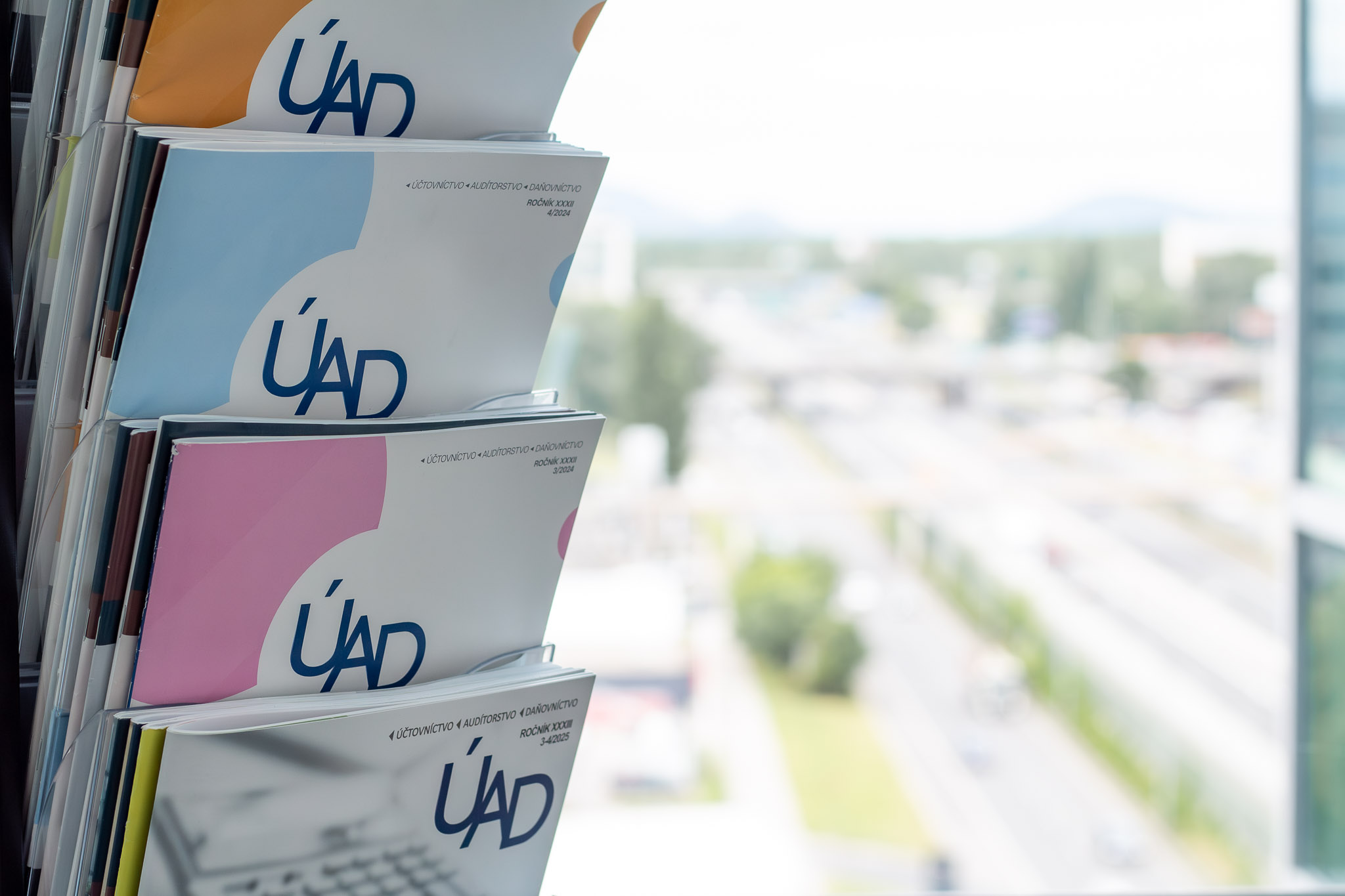At a time when companies are increasingly striving to reduce their environmental footprint and operate more efficiently, the shift to paperless accounting is becoming not only a modern trend but also a smart strategic move. Instead of binders full of documents and invoices, digital archives, automation, and savings – of time, money, and space – are taking their place.
Why switch to paperless accounting?
Digitalizing accounting means that all accounting documents – invoices, receipts, reports, or contracts – are processed and stored electronically. This allows a company to:
- reduce costs for printing, paper, toner, and physical storage space,
- speed up document processing, matching, approval, and archiving,
- reduce errors and increase transparency in accounting data.
In addition, it is a step toward more sustainable business – paperless processes help preserve forests, reduce the carbon footprint, and streamline communication between departments and with the accountant.
Security and Legislation
Digital accounting is not only efficient but also secure. Modern cloud solutions offer encrypted storage, regular backups, and access restricted to authorized personnel. In compliance with legislation, systems must be adapted to current standards – for example, ensuring the verifiability, immutability, and availability of accounting records for at least 10 years.
In practice, this means that a document in electronic form (e.g. a scanned invoice) is a fully valid accounting document if it is stored in accordance with the law and is accompanied by the required metadata (e.g. date of receipt, invoice number).
How to switch to digital accounting?
The transition to paperless accounting shouldn't be seen as a leap into the unknown. Many companies start gradually – first by digitizing their archive, then implementing electronic expense approval, and only later moving to e-invoices. The key steps are:
- choosing the right accounting software or cloud solution,
- setting up internal processes (e.g. document scanning, electronic approvals),
- providing training for employees,
- agreeing with the accountant on how data will be exchanged.
An Experienced Accounting Firm as a Partner
A successful transition to digital accounting also depends on support from the accountant or an external accounting firm. The ideal partner is someone with experience in digitalization, an understanding of legislative changes, and the ability to advise not only on software selection but also on implementing efficient processes. Cooperation with such a partner can save the company a great deal of time, money, and hassle.
The Result? Less Paper, More Control
Paperless accounting brings companies speed, clarity, and efficiency – while also reflecting responsible and sustainable business practices. And although the transition may require initial investments in technology or training, the return on investment is quick, and the long-term benefits are significant.
Be the first to know about the latest information from the world of taxation, accounting and auditing.





